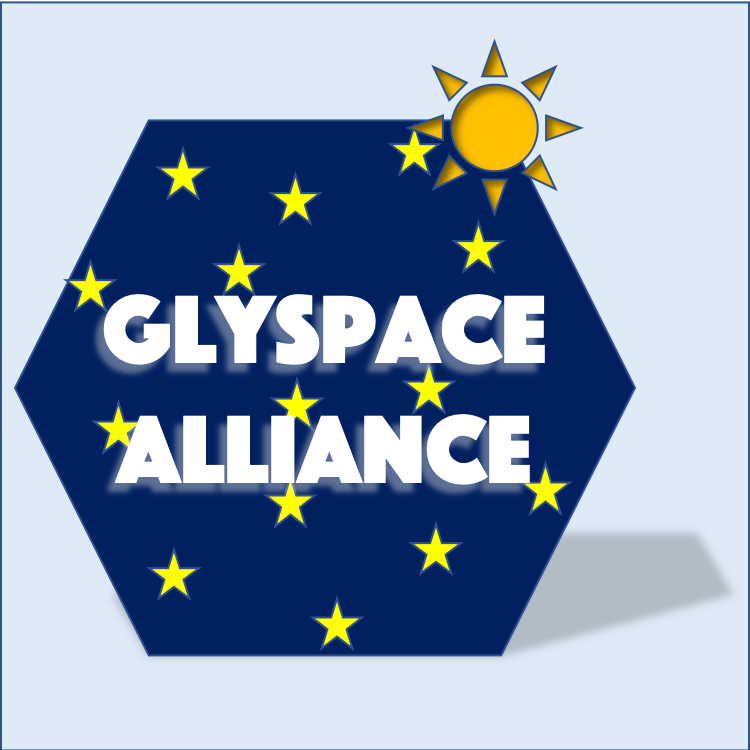Table Filtering
Submissions
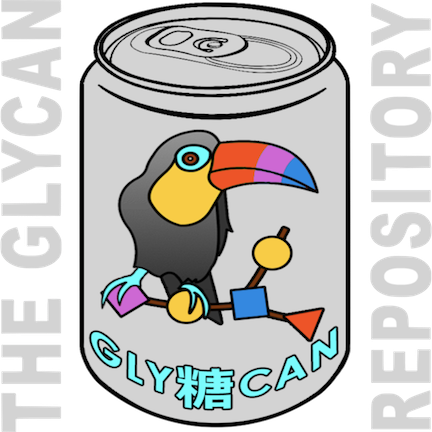
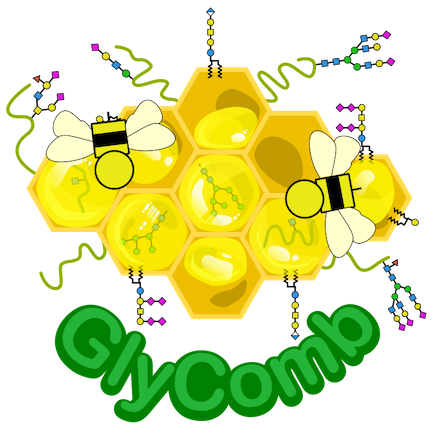
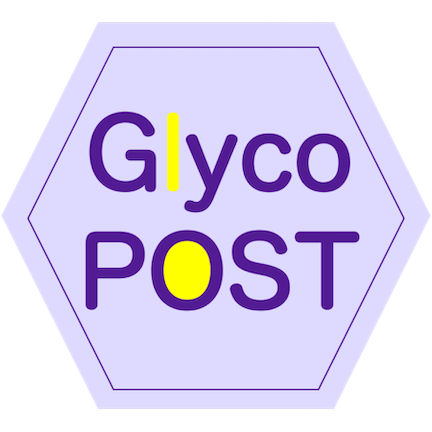


GlyTouCan
Glycan Structure Repository
GlyComb
Glycoconjugate Repository
GlycoPOST
Glycomics MS raw data RepositoryUniCarb-DR
Glycomics MS Repository for glycan annotations from GlycoWorkbenchAll Resources
Genes / Proteins / Lipids Glycans / Glycoconjugates Glycomes Pathways / Interactions / Diseases / Organisms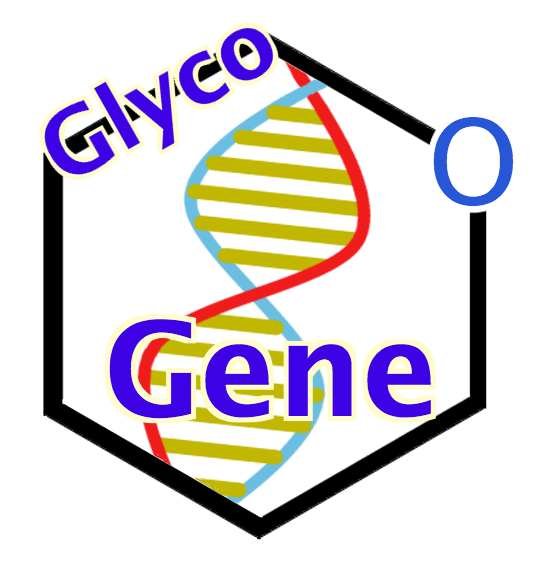
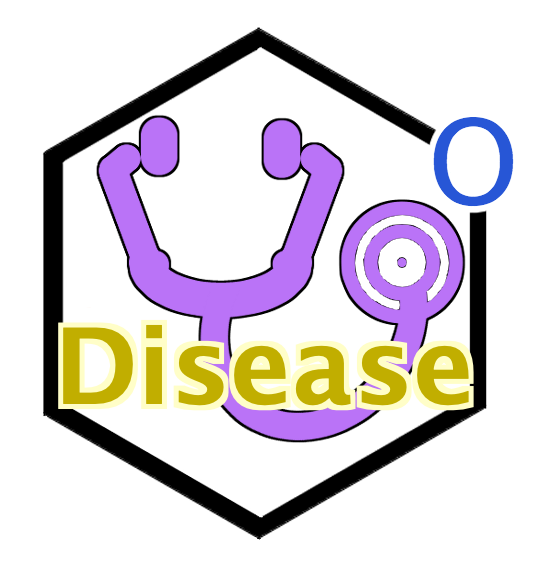 DisGeNET
DisGeNET
DisGeNET is a knowledge management platform that integrates and standardizes the data of genes and mutations related to diseases from multiple sources. It covers entire range of human disease.
| Source | Last Updated |
|---|---|
| DisGeNET | July 29, 2024 |
| Disease ID | Disease Name | Gene Symbol | Gene ID | Gene Name ▲ | UniProt ID |
|---|---|---|---|---|---|
| C0302592 | Cervix carcinoma | GALNT7 | 51809 | polypeptide N-acetylgalactosaminyltransferase 7 | Q86SF2 |
| C0017636 | Glioblastoma | GALNT7 | 51809 | polypeptide N-acetylgalactosaminyltransferase 7 | Q86SF2 |
| C0017638 | Glioma | GALNT7 | 51809 | polypeptide N-acetylgalactosaminyltransferase 7 | Q86SF2 |
| C0342642 | Autosomal dominant hypophosphatemic rickets | GALNT8 | 26290 | polypeptide N-acetylgalactosaminyltransferase 8 | Q9NY28 |
| C0025517 | Metabolic Diseases | GALNT8 | 26290 | polypeptide N-acetylgalactosaminyltransferase 8 | Q9NY28 |
| C0019196 | Hepatitis C | GALNT8 | 26290 | polypeptide N-acetylgalactosaminyltransferase 8 | Q9NY28 |
| C0678222 | Breast Carcinoma | GALNT9 | 50614 | polypeptide N-acetylgalactosaminyltransferase 9 | Q9HCQ5 |
| C0027651 | Neoplasms | GALNT9 | 50614 | polypeptide N-acetylgalactosaminyltransferase 9 | Q9HCQ5 |
| C0700095 | Central neuroblastoma | GALNT9 | 50614 | polypeptide N-acetylgalactosaminyltransferase 9 | Q9HCQ5 |
| C0027819 | Neuroblastoma | GALNT9 | 50614 | polypeptide N-acetylgalactosaminyltransferase 9 | Q9HCQ5 |
| C0006142 | Malignant neoplasm of breast | GALNT9 | 50614 | polypeptide N-acetylgalactosaminyltransferase 9 | Q9HCQ5 |
| C0278701 | Gastric Adenocarcinoma | GALNTL5 | 168391 | polypeptide N-acetylgalactosaminyltransferase like 5 | Q7Z4T8 |
| C0037274 | Dermatologic disorders | GALNTL5 | 168391 | polypeptide N-acetylgalactosaminyltransferase like 5 | Q7Z4T8 |
| C0021364 | Male infertility | GALNTL5 | 168391 | polypeptide N-acetylgalactosaminyltransferase like 5 | Q7Z4T8 |
| C0037369 | Smoking | GALNTL6 | 442117 | polypeptide N-acetylgalactosaminyltransferase like 6 | Q49A17 |
| C3714756 | Intellectual Disability | PGAP2 | 27315 | post-GPI attachment to proteins 2 | Q9UHJ9 |
| C0027066 | Myoclonus | PGAP2 | 27315 | post-GPI attachment to proteins 2 | Q9UHJ9 |
| C0036439 | Scoliosis, unspecified | PGAP2 | 27315 | post-GPI attachment to proteins 2 | Q9UHJ9 |
| C0025362 | Mental Retardation | PGAP2 | 27315 | post-GPI attachment to proteins 2 | Q9UHJ9 |
| C0085681 | Hyperphosphatemia (disorder) | PGAP2 | 27315 | post-GPI attachment to proteins 2 | Q9UHJ9 |
| C0004903 | Beckwith-Wiedemann Syndrome | PGAP2 | 27315 | post-GPI attachment to proteins 2 | Q9UHJ9 |
| C0036857 | Severe intellectual disability | PGAP2 | 27315 | post-GPI attachment to proteins 2 | Q9UHJ9 |
| C0020295 | Hydronephrosis | PGAP2 | 27315 | post-GPI attachment to proteins 2 | Q9UHJ9 |
| C0006826 | Malignant Neoplasms | PGAP2 | 27315 | post-GPI attachment to proteins 2 | Q9UHJ9 |
| C0039446 | Telangiectasis | PGAP2 | 27315 | post-GPI attachment to proteins 2 | Q9UHJ9 |
